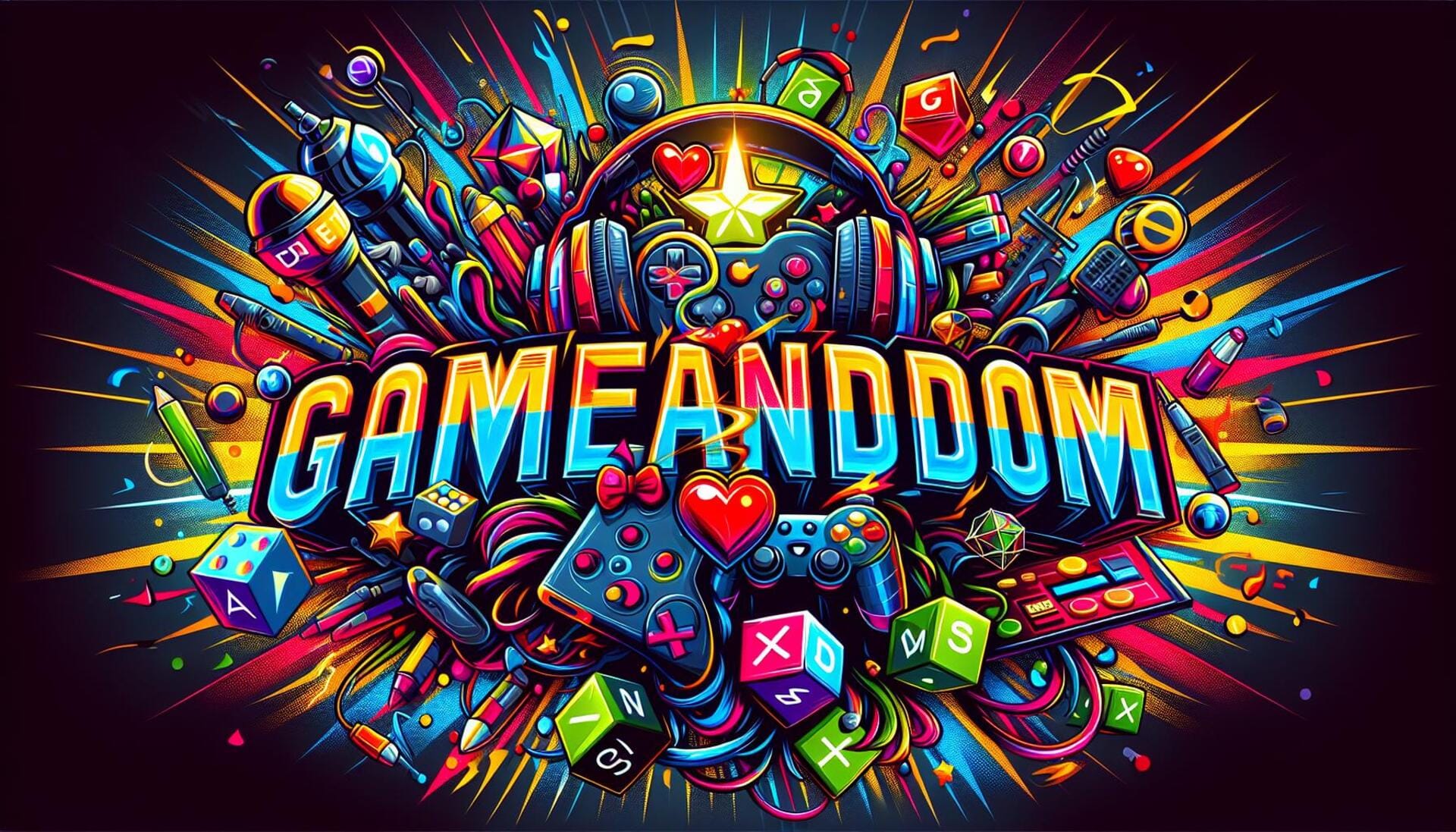
Social impact of gaming
The Social Impact of Gaming: Understanding Its Role in Today’s Society
In recent years, gaming has evolved from a niche hobby to a mainstream cultural phenomenon. With millions of individuals participating in online and offline gaming, the social impact of gaming is profound and multifaceted. From fostering community to influencing social behavior, video games play a significant role in shaping various aspects of society. In this article, we will explore both the positive and negative social impacts of gaming and provide insights into its broader implications on individuals and communities.
Table of Contents
- Benefits of Gaming
- Negative Social Impacts
- Case Studies of Social Impact
- Practical Tips for Positive Engagement
- Conclusion
Benefits of Gaming
Gaming’s social impact isn’t purely negative; numerous studies and real-world examples highlight its positive aspects. Here are some notable benefits:
- Community Building: Multiplayer games foster friendships and collaboration among players, creating diverse communities across the globe.
- Skill Development: Players often improve essential life skills such as teamwork, problem-solving, and strategic thinking—valuable attributes in academic and professional settings.
- Social Inclusion: Gaming provides a platform for individuals from different backgrounds to connect, reducing social isolation, especially among marginalized groups.
- Cognitive Benefits: Research indicates that gaming can enhance cognitive flexibility and improve memory and concentration through engaging gameplay.
Statistics on Gaming Communities
| Statistic | Value |
|---|---|
| Total Gamers Worldwide | 3.2 billion |
| Average Age of Gamers | 34 years |
| Percentage of Female Gamers | 46% |
Negative Social Impacts
While gaming offers numerous benefits, there are social drawbacks that warrant consideration:
- Addiction: Some players may become addicted, leading to social withdrawal and conflicts in relationships.
- Toxic Behavior: The anonymity of online gaming sometimes encourages toxicity, including harassment and cyberbullying.
- Stereotypes and Misrepresentation: Certain games perpetuate negative stereotypes, influencing perceptions and behaviors in real life.
- Impact on Physical Health: Extended gaming sessions can result in sedentary lifestyles, impacting mental and physical health.
Recognizing the Signs of Gaming Addiction
Here are some signs that can help identify potential gaming addiction:
- Neglecting personal relationships and responsibilities
- Experiencing mood swings when not gaming
- Consistently prioritizing gaming over other activities
- Feeling a need to increase gaming time to achieve satisfaction
Case Studies of Social Impact
To understand the social impact of gaming better, let’s dive into a couple of notable case studies:
1. Extra Life: A Charity Initiative
Extra Life is a gaming marathon that raises funds for children’s hospitals. Since its inception, it has utilized the gaming community’s passion to raise millions for healthcare, showcasing how gaming can drive positive change.
2. The #MeToo Movement in Gaming
The gaming industry itself has seen a push for inclusivity and equality through movements like #MeToo. This initiative has highlighted the need for safe environments within gaming spaces, encouraging broader discussions about social justice and representation.
Practical Tips for Positive Engagement
To harness the positive social impact of gaming while mitigating its negative aspects, consider the following tips:
- Choose Games Wisely: Opt for games that highlight teamwork, strategy, and problem-solving.
- Set Time Limits: Avoid excessive gaming by setting daily or weekly limits.
- Engage in Communities: Join positive gaming communities that promote inclusivity and support.
- Be Mindful: Recognize the signs of toxic behavior in yourself and others, and seek to create a more supportive environment.
Conclusion
Gaming’s social impact is expansive, shaping how individuals interact, learn, and develop in a community context. With its ability to foster friendship, creativity, and teamwork, gaming carries tremendous potential for positive influence. However, this potential must be balanced against the risks of addiction and negative social behaviors. By choosing games thoughtfully and promoting inclusivity within gaming spaces, players and developers can create environments where the social impact of gaming is profoundly positive.
Ultimately, as we continue to explore and embrace the gaming phenomenon, understanding its social dimensions will play a crucial role in shaping a better future for gaming and society as a whole.




